Health and Hygiene
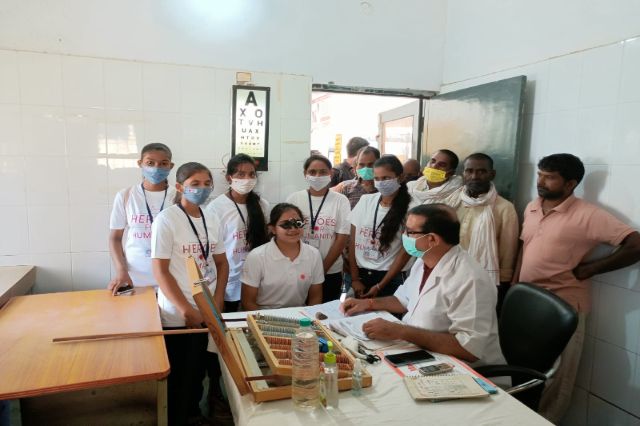
Leprosy Eradication Programme
The organisation’s initial development initiative focused on health, especially leprosy eradication collaboration with the Government of India since 1977, under National Leprosy Eradication Programme. The organisation is imparting preventative health, education, treatment and compilation of data.
From 1976 when PSS started its anti-leprosy drive till March 2005, 6,232 cases were identified. Among identified cases, only 178 cases remain active while the rest are either totally treated or the disease has been controlled. In 191 villages of the project area, 101 villages have no cases of leprosy. Leprosy prevalence rate per 1,000 population has been brought from11.40 per cent (1980) to 0.66 per cent (2005).
In 2004-05, PSS got an opportunity to implement the revised modified SET programme. During this year, PSS identified 587 leprosy patients out of whom 577 were handicapped due to leprosy. Four were registered as new patients. Till March 31, 2011, the total no. of patients under the leprosy prevention area was 586.
During the year 2018-19 no new handicapped patient was identified in the area.
Activities undertaken:
- Baseline survey
- Analysis and Identification of leprosy cases
- Bacteriological examination
- Treatment
- Follow up
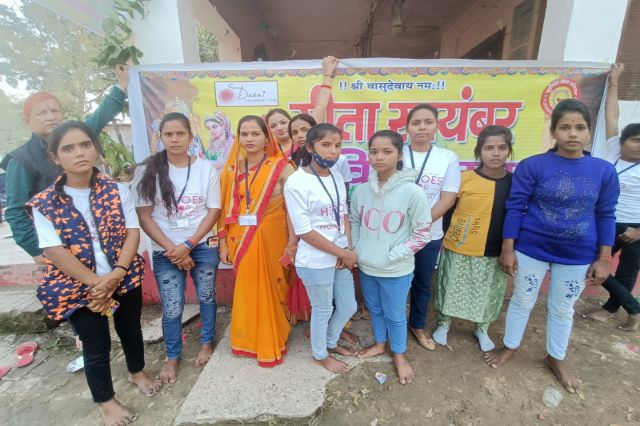
Targeted Intervention Programme
PSS is implementing the targeted intervention programme, financially supported by UPSACS, since 2006. The goals of the programme are: Proper use of condoms among high risk groups, use of new syringes and needles among the HRG and establishment of ownership among the HRG for HIV testing.
Activity undertaken:
- Need assessment
- Outreach
- STI care
- Condom promotion
- Linkages
- Enable environment
- Community mobilisation
- Needle syringe exchange programme
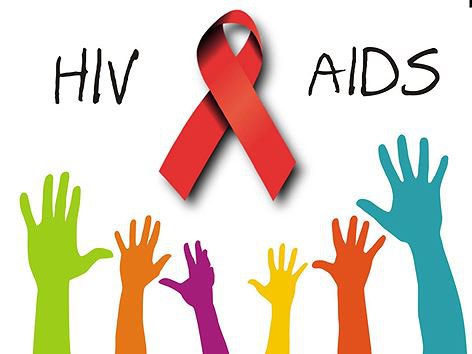
Care and Support Programming For PLHIV
PLHIV (People Living with HIV) has been controlled with the access of HIV-positive diagnosis. The stigma attached to HIV in our society has drastically affected the survivors as they have been denounced often by the ignorant due to lack of education. To stop this negativity, we came in support of the patients and helped them recover both physically and mentally. Also, we host special events where we encourage these survivors to share their experiences and aware more people about HIV so that they do not directly bear the stereotypical pressure and further lead a peaceful life.
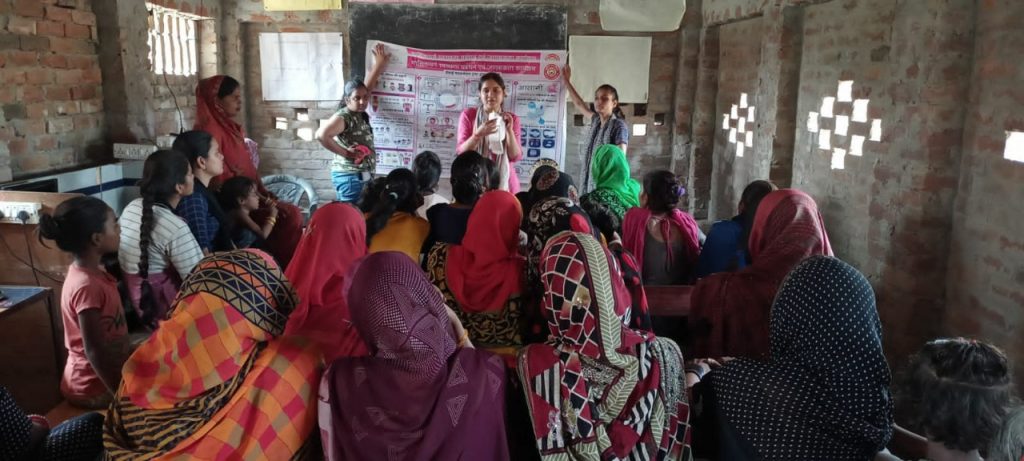
Menstrual Hygiene Awareness
Menstruation is a highly stigmatised, critical social and health issue in rural India. Many women and girls in these regions do not have access to sanitary pads. As a result, it is common for girls to stop attending school when they start their periods and for women and girls to contract infections and other serious illnesses by using makeshift materials like rags to manage the bleeding. The stigma surrounding periods and lack of resources obstructs not only access to good health but opportunity.
The Solution
The sanitary napkin programme trains women to manufacture and distribute high-quality, low-cost sanitary napkins throughout their communities. This empowers girls and women to take control of their health and livelihoods and enables girls to pursue higher education beyond the onset of menstruation.
Our solution attacks all facets of this huge issue: Stigma, education and access.
The Lasting Impact
Our brand of sanitary napkins is called Asani, which means “with ease” … because something so natural should not be so hard to take care of. Our programme creates lifelong good habits that can have major impacts on the health of girls and women. Our unique methodology allows for women to participate in our programme in a flexible way, in the role that speaks most to them. We work to cultivate dignity for those we serve so they can break free from the stigma and shame, stay in school and participate in the workforce.
Currently, we are working in the Deoria, Kushinagar, Gorakhpur and Lucknow Districts of Uttar Pradesh. Ninety-two women work as saleswomen in this project. Desai Foundation Trust supports us in this project.
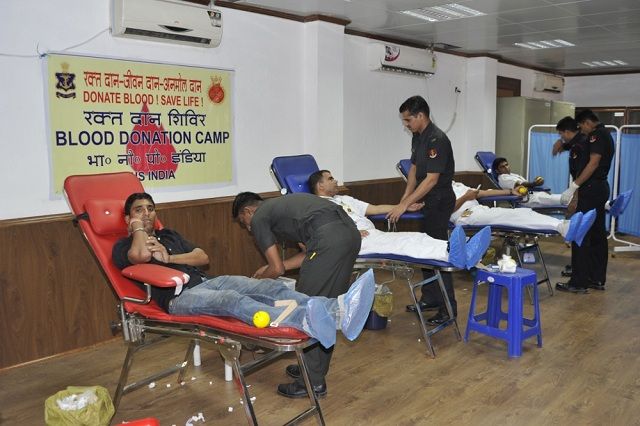
Health Camps
PSS routinely organises health camps with a view to reaching health services to doorsteps of the villagers. These camps are organised in collaboration with the government or using resources of the community centres. We invite doctors from reputed hospitals to take part in our campaign.
